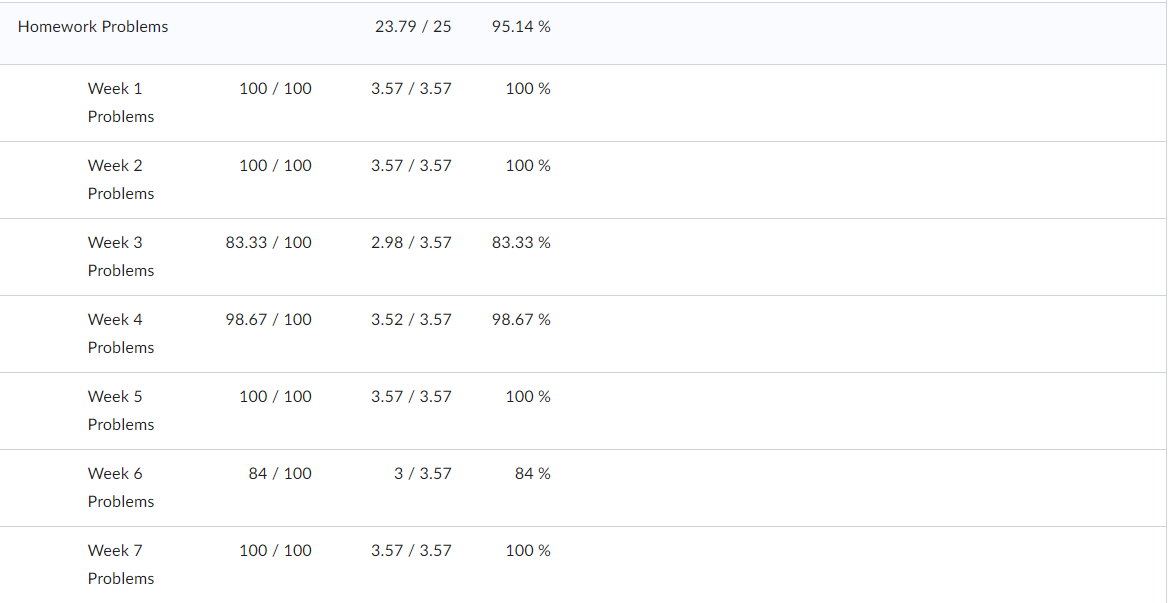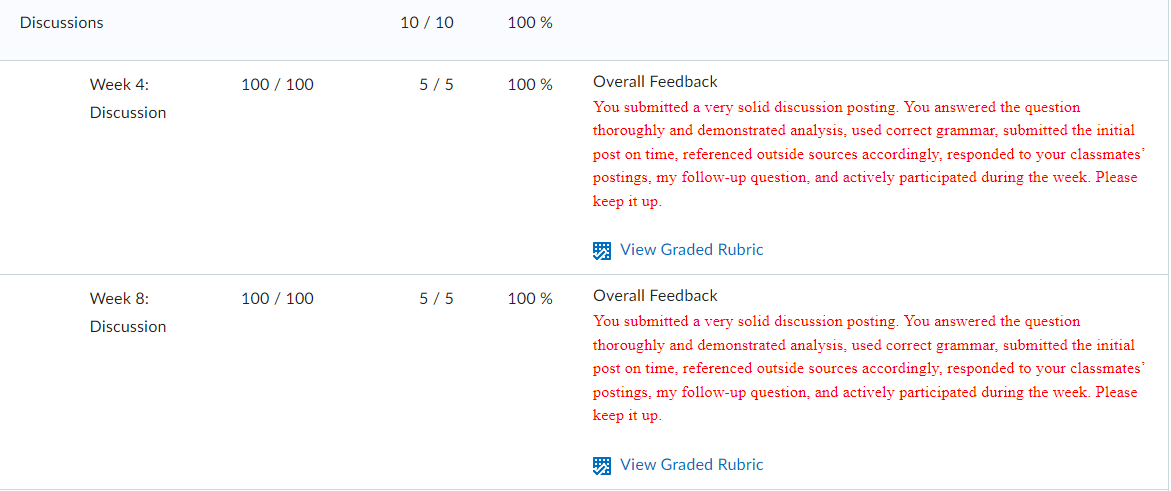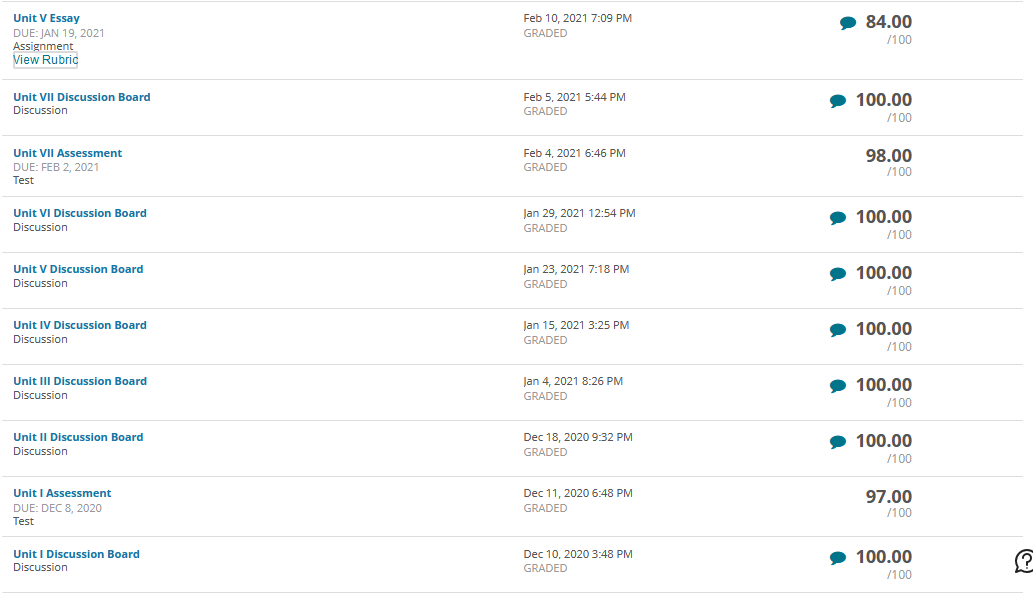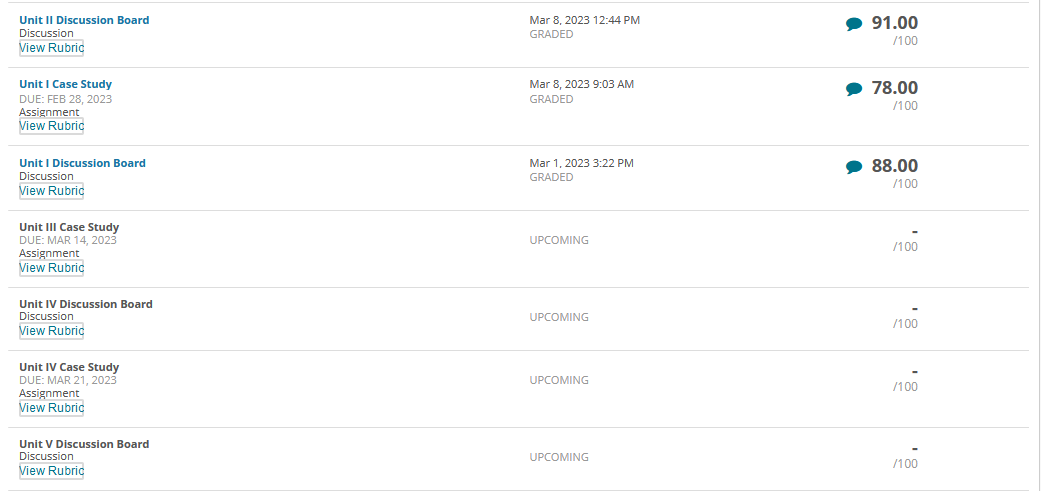1 IN The most influential theory of corporate responsibility of the past century is:
A) The moral minimum model.
B) The classical model.
C) The social contract theory.
D) The stakeholder theory.
2 IN The ethical roots of the classical model of corporate social responsibility are found in which statement:
A) The idea that the interests of stakeholders are as important as the interests of a corporation’s stockholders.
B) The free market theory which holds that managers are ethically obliged to make as much money as possible for their stockholders because to do otherwise would undermine the very foundations of our free society.
C) The ethical imperative to cause no harm.
D) The ethical imperative to prevent harm.
3 IN Which of the following reasons might a free market economic theorist use to justify the hostile takeover of a company?
A) The takeover target company’s stock is undervalued. That is evidence that the resources are being inefficiently used.
B) If current management is not maximizing profits, it is violating the utilitarian imperative to maximize the overall good.
C) The organization seeking to take over the target company will maximize profits for the stockholders and will be serving the public’s interests because it is only by satisfying consumer (public) demand that a business can make profits.
D) If the takeover target’s managers are using their stockholders’ money to serve interests other than those of the stockholders, they are stealing from them.
E) All of the above.
F) None of the above.
4 IN Which of the following statements does not represent a market failure, i.e., a situation in which the pursuit of profit will not result in a net increase in consumer satisfaction?
A) The costs of pollution, groundwater contamination and depletion, soil erosion and nuclear waste disposal are borne by parties external to the economic exchange between buyer and seller.
















